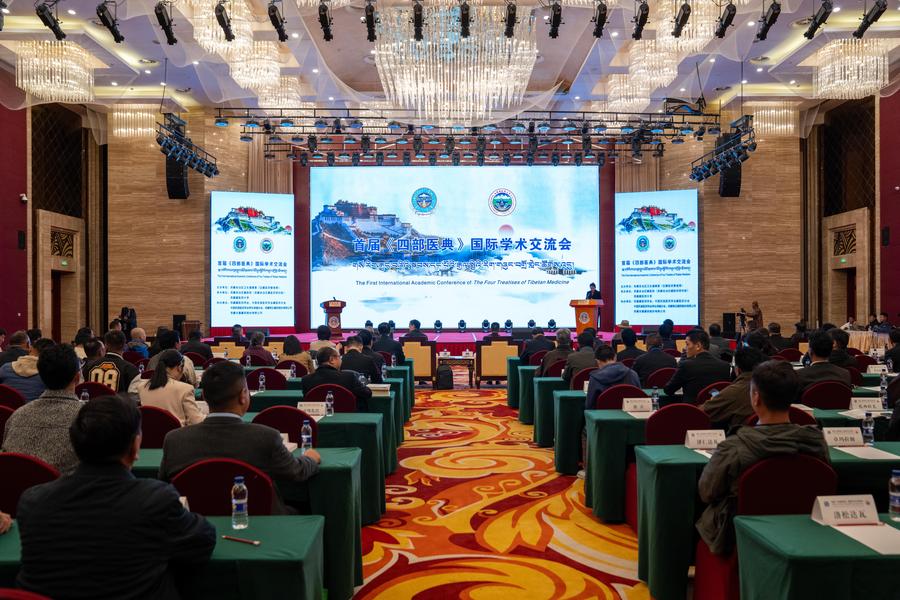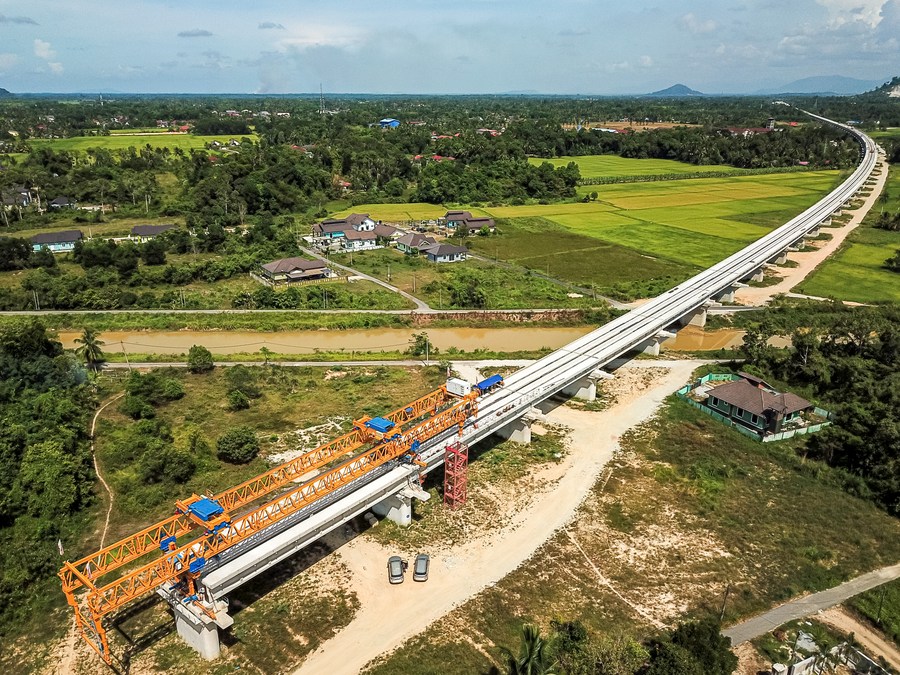Lhasa, October 24, 2024 – The Europe Today: International experts have commended China’s initiatives to safeguard and promote traditional Tibetan medicine, particularly through the preservation of ancient texts and the advancement of medical research. Over 200 global experts gathered in Lhasa, the capital of southwest China’s Xizang Autonomous Region, for an academic conference focusing on “The Four Treatises of Tibetan Medicine” – a pivotal collection of ancient medical texts.
Dating back to between the 8th and 12th centuries, The Four Treatises of Tibetan Medicine is regarded as the most influential work in the field, shaping traditional Tibetan medical practices across the Qinghai-Xizang Plateau and the trans-Himalayan region. It was added to the UNESCO Memory of the World Register in 2023 for its historical and cultural significance.
John Vincent Bellezza, a senior research fellow at the University of Virginia, praised China’s commitment to preserving these invaluable texts, stating that the country is making great strides in the collection and protection of ancient Tibetan medical manuscripts. “Tibetan medicine has been serving people for centuries, and now, in the 21st century, we have the chance to advance this tradition,” Bellezza said.
The conference also brought together scholars from other traditional medical systems, such as Ayurveda. Ram Adhar Yadav, executive director of Nepal’s National Ayurveda Research and Training Center, emphasized the opportunity to collaborate and share knowledge between different medical traditions, further strengthening the development of traditional Tibetan medicine.
China’s efforts to promote Tibetan medicine have been expansive in recent years. In 2019, the government invested 1 billion yuan (approximately 140 million USD) in the construction of a new campus for the University of Tibetan Medicine. The university has since trained over 7,000 medical professionals. Additionally, Xizang now hosts 49 public institutions specializing in Tibetan medicine, with services available in over 94% of township health centers across the region.
The conference also saw the launch of the country’s first digital resource center for Tibetan medicine and astrology in Lhasa. This center, equipped with 10 databases, preserves rare ancient texts and serves as a digital archive for future generations. Researchers praised the initiative as a significant step towards ensuring the longevity of Tibetan medical practices.
The event highlighted China’s comprehensive strategy to promote and integrate Tibetan medicine into broader healthcare systems, positioning the ancient tradition for continued growth and global recognition.














